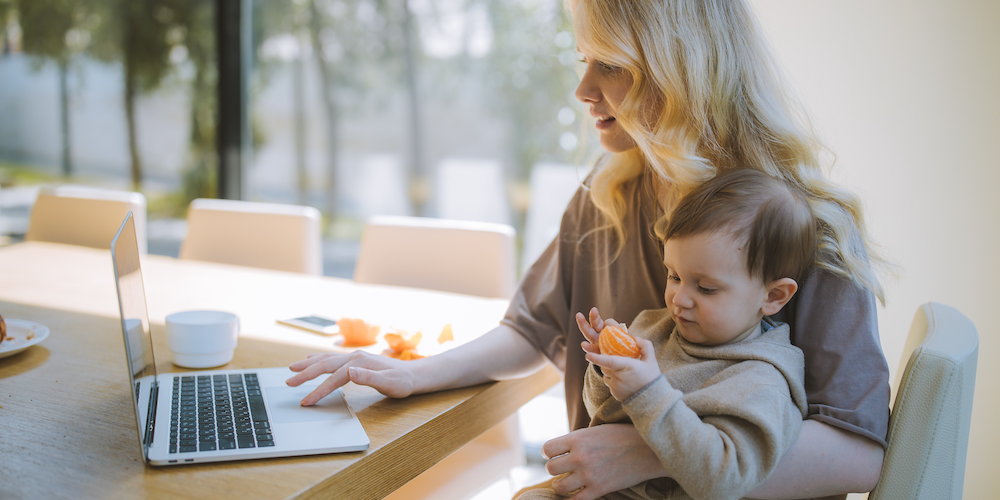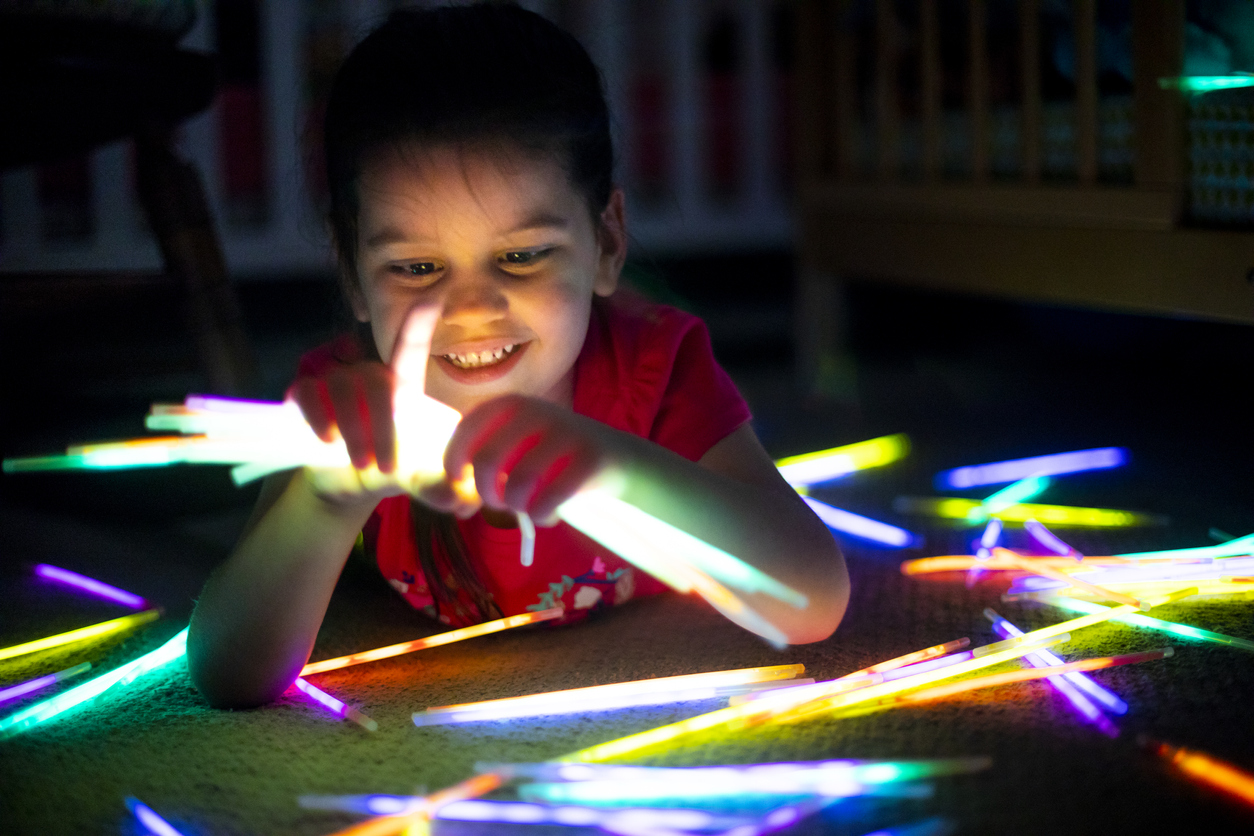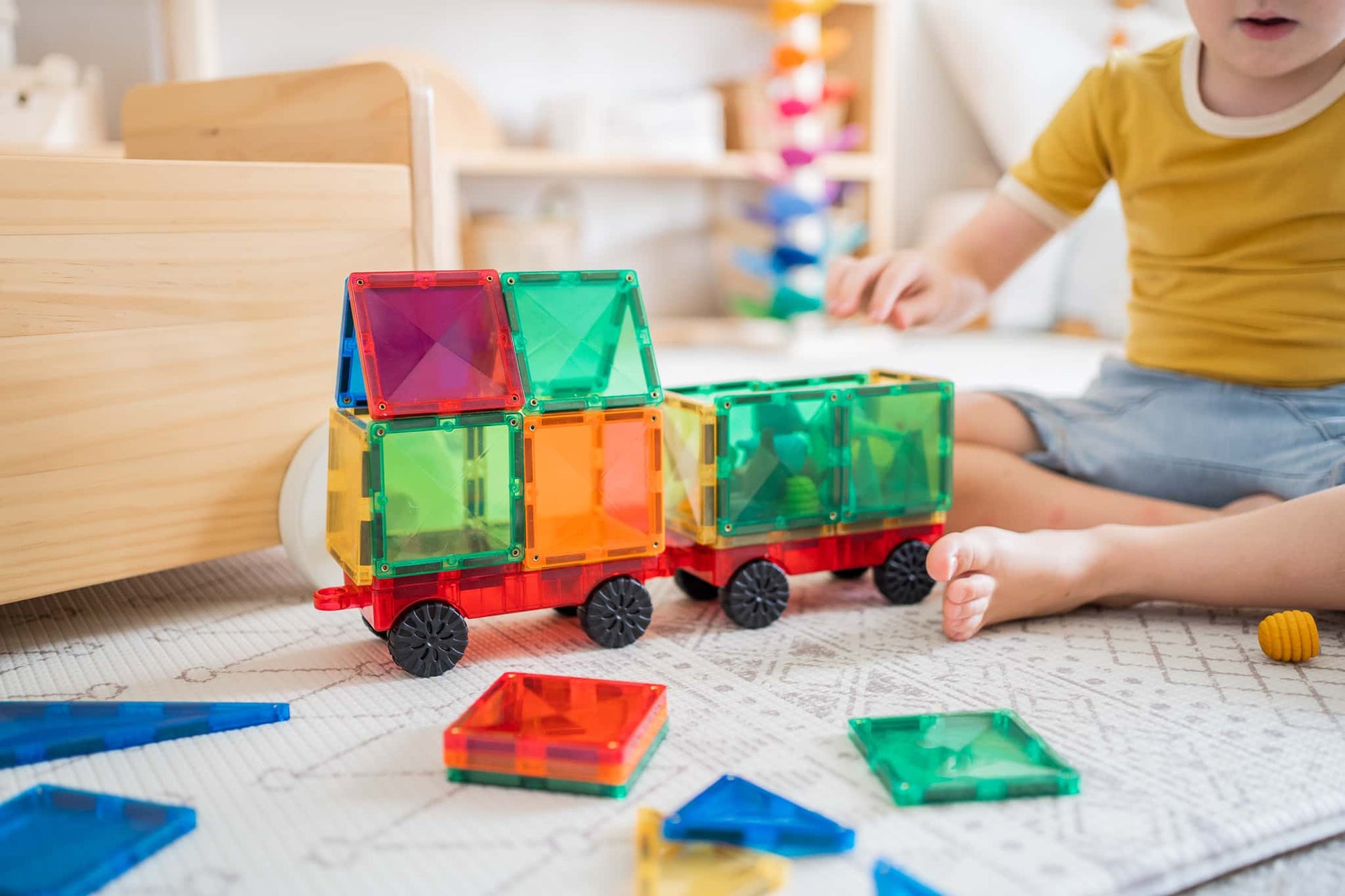
How Precisely May Older Individuals Gain From Participating In Mediation?
July 18, 2022The anguish that children go through when they lose contact with their grandparents, as well as the anguish that grandparents go through when they realise they are no longer a part of their grandchildren’s lives, is one of the unfortunate and frequently unintended consequences that result from the breakdown of a relationship. The anguish that children go through when they lose contact with their grandparents also applies to the anguish that grandparents go through when they realise they are no longer a part of their grandchildren’s lives. A special connection between a child and their grandparents is generally beneficial to the child. They not only have additional time and patience, but also a unique perspective that is friendlier and more accepting.
One million grandparents are unable to maintain contact with their grandchildren due to various barriers.
In point of fact, there are around one million grandparents in the UK who state that they have lost contact with their offspring and no longer communicate with their offspring. This is generally the case as a direct result of the grandparents’ own children divorcing or separating, in addition to other issues that occur within the family. In certain cases, this is also the case as a result of other problems that arise within the family.
This is especially depressing considering that it is general knowledge that grandparents often rely heavily on the support of their own parents when it comes to taking care of their grandchildren. In point of fact, 97 percent of all parents receive some kind of support, as reported by Grandparentsplus. This could include nothing more than bringing the kids up from school, making sure they have something to eat, and keeping them occupied for an hour or two until their parents are done with work and can collect them again. However, there are some grandparents who are far more active in the lives of their grandchildren, and they frequently take care of their grandkids while the parents of their children are at work. These grandparents are known as “supergrandparents.”
According to Gransnet, the number of grandparents who are providing care for their grandkids has climbed by 49 percent since 2009. This growth has occurred since 2009. Gransnet also states that 99 percent of grandmother childminders do not get remuneration, which results in a savings of around £17 billion for the country in terms of the cost of childcare.
It is easy to comprehend why losing contact with grandkids can be so distressing for both the grandchildren and their grandparents, who, contrary to popular opinion, do not have an inherent right to keep in touch with their children and grandchildren. It is against the law for a parent to forbid a grandparent from having contact with their children or younger siblings. In spite of the fact that it may look as though there is nothing that grandparents can do to re-establish that bond, there are in fact a range of various ways that things may proceed from this point forth.
Mediators that are trained to work with grandparents are available to help.
The vast majority of grandparents will make an effort to fix problems on their own by approaching their own children to have a conversation about the issues; but, in the event that this tactic is unsuccessful, to whom should they turn for assistance? The intensity of disagreements within the family can quickly rise, and pointing fingers at one another is a common component of the conflict that commonly takes place. Going to court or engaging in litigation is not always the best approach to go forward; in fact, it can make the problem much more difficult to deal with. In addition to this, it is possible that it will take a very long time and a significant amount of money. A neutral third person who is able to assist all parties involved, take a new viewpoint on the problem, and concentrate on the requirements of the children rather than on the parents’ disagreements can be brought in through the mediation process. It is less confrontational than the traditional technique of going via the court system, and it can help to foster better discussions by offering calm and control, which eventually leads to agreements that individuals can work with.
The mediation process is often fairly beneficial, and both parties are typically able to clarify their viewpoints, obtain a deeper understanding of the circumstances that contributed to the demise of the relationship, and learn what to expect from one another moving forward as a result of the mediation.
It is almost always for the best if grandparents are able to maintain contact with their grandchildren after their children’s parents have divorced or separated. This is because grandparents play such an important role in the lives of their grandchildren, and because of this, maintaining contact with their grandchildren is almost always beneficial. The reason for this is that grandparents play such a significant part in the lives of their grandchildren.
This brochure was designed with the goal of being of assistance to grandparents whose children are going through the process of divorcing or separating from their partners.
My ability to pay my grandkids regular visits was something I was able to do in the past, but as of late, that hasn’t been possible.
In Accordance With The Law, What Sorts Of Rights Do I Possess?
The grandparents of an individual’s children and grandchildren do not automatically have the right to be involved in the lives of those children and grandkids.
After a painful occurrence, such as a divorce or separation, when family members may find it difficult to engage with one another, mediation is often the most beneficial approach for putting family members back in contact with one another and getting them back in touch with one another.
If you have tried everything else and have no other alternatives left, you may always go to court to get an order regarding custody of the child. This should be your very last resort. The procedures will be allowed to continue if the court decides that putting such a plan into action is in the child’s best interests and should be allowed to go forward.

How can I assist my grandkids in adjusting to the modifications that have been introduced into their life as a direct result of the divorce that was experienced by their parents?
It is in the best interest of parents to reassure their children while they are going through a time of transition. They have the right to be reassured that it is not their fault, that they are loved, and that there is someone with whom they can talk about how they are feeling. They also have the right to be told that there is someone with whom they can talk about how they are feeling. They also have the right to be informed that there is someone they can talk to about how they are feeling and that this person is available to them.
It is not something that should come as a surprise that youngsters and teenagers may occasionally harbour competing allegiances.
It will be much simpler for them to continue talking about the feelings that they are having if you simply listen to what they have to say without passing judgement on either parent based on what you hear from them.
Where should I start looking for a mediation service in my area, and what are the steps that I need to follow in order to do so?
Simply turning around might bring you to a service that is offered in the vicinity of where you are now located.
Where Can I Get Assistance To Get The Mediation Process Started So That It Can Begin?
If you feel that you are unable to communicate with the individuals who care for your grandson or grandchildren, you may want to investigate the possibilities of receiving assistance from an organisation that specialises in the field of mediation if you are concerned about your ability to do so.
The Trusted Mediators Norfolk service that is available in your neighbourhood is a fantastic option for getting your endeavour off the ground. The knowledgeable staff there can walk you through each stage of the mediation process and help you figure out the most efficient method to involve your family members in the conversation. They can also assist you in resolving any issues that may arise during the process. They are also able to help you choose whether or not mediation is the most appropriate course of action given the circumstances of your case.
They will also educate you about the costs that are involved with the mediation process and whether or not you are qualified for financial assistance to cover the costs of the mediation. In addition, they will advise you about the costs that are associated with the mediation process.
I would want to make a request that members of my family participate in the mediation; is this something that may be done?
No. Participation in the mediation is voluntary on the part of the parties involved; it is not required of them in any way.
It provides a secure environment in which families may talk about, and ultimately come to an agreement on, decisions that are in the best interests of their children.
In order to become a mediator, one must undergo training that is not only extensive but also highly specialised.
They will help you negotiate with your family and will assist you in coming to an agreement over your future relations with your grandchild or children. They will also help you negotiate with your family over any other family matters. Additionally, they will help you negotiate with your relatives on your behalf.
However, in the event that mediation is unsuccessful, grandparents always have the option of asking the court to issue a child-arrangements order on their behalf. In the case that the mediation does not provide satisfactory results, this next step may be pursued. In order for the grandparents to have their case heard in court, they will need to demonstrate two things: first, that they did have a meaningful relationship with the grandchild before contact was lost; and second, that re-establishing that relationship will benefit the grandchild while not having a detrimental effect on the wider family. Because the courts always have the best interests of the child in mind, the grandparents will need to demonstrate that they did have a meaningful relationship with the grandchild before contact was lost. In addition, the grandparents will be asked to provide evidence that either mediation was attempted prior to the filing of a court action or that there was a specific reason why it was not attempted. Either way, this must be done before the court application can be submitted.
If you are a grandparent who is no longer in regular contact with their grandchildren due to any number of factors, please do not hesitate to get in touch with a member of our mediation team as soon as humanly feasible. We are able to investigate the circumstances surrounding your case and offer you with comments about whether or not we feel mediation might be of use to you and your family.











